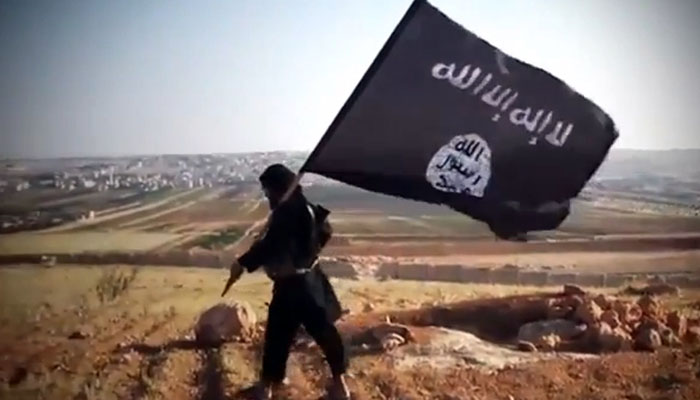Turkish President Recep Tayyip Erdoğan ordered a deadly 2014 jihadist attack on Kobane in northern Syria, a high-ranking militant from the Islamic State in Iraq and the Levant (ISIL) alleged on Wednesday, according to British left-wing daily Morning Star.
Taha Abdurrahim Abdullah, a close confidant of ISIL leader Abu Bakr al-Baghdadi – who died earlier this week – was captured by the Kurdish-led Syrian Democratic Forces (SDF) militia alliance in March of this year.
He told his captors Erdoğan had insisted that ISIL attack the largely Kurdish border town in northern Syria in September 2014, despite the jihadists’ reluctance.
“We were preparing for war, but our goal was to move to Damascus, not Kobane,” he claimed under interrogation.
“[Former ISIL leader] Baghdadi wanted Kobane to be attacked. We objected to this situation. But he refused. We suffered heavy losses in Kobane.
“Later, we learned that the reason why Baghdadi turned our direction to Kobane overnight was the insistence of the Turks. The Turks wanted to attack Kobane. Erdoğan insisted,” Abdullah alleged.
The jihadists captured around 350 largely Kurdish villages surrounding Kobane during the offensive, causing some 300,000 people to flee for their lives, and also conquered some districts of the town.
A six-month siege followed, with Kurdish-led People’s Protection Units (YPG) putting up fierce resistance.
The YPG lifted the siege in January 2015 and retook control of the villages by mid-March, helped by US airstrikes.
However, around 70 percent of Kobane was destroyed in the battle.
Abdullah also claimed that the slain ISIL leader’s replacement was chosen for his close links to the Turkish state.
Abdullah Qardas, also known as Hacı Abdullah, was announced as the new ISIL leader following Baghdadi’s death.
Saying that Qardas also calls himself “Ebu Ömer Türkmeni,” Abdullah said, “He uses this name to appease the Turkish state and to deepen his relations with them.”
He said ISIL was regrouping and “would not stop,” with the death of its former leader having no impact on the death cult.
Erdoğan has long been accused of supporting jihadist terror groups.
European intelligence reports have claimed that he commissioned the ISIL suicide attacks on an Ankara peace rally in 2015 that killed at least 109 people.
In August it was revealed that the Turkish National Intelligence Organization had been smuggling scores of former ISIL fighters across borders to lead battalions in the occupation of Afrin, which Ankara’s military invaded in January 2018.
Turkey is also alleged to have been the main buyer of oil originating from ISIL sources in Iraq.
In late 2015, Erdoğan and his family were accused by Russia of personally benefiting from the illegal oil trade.



